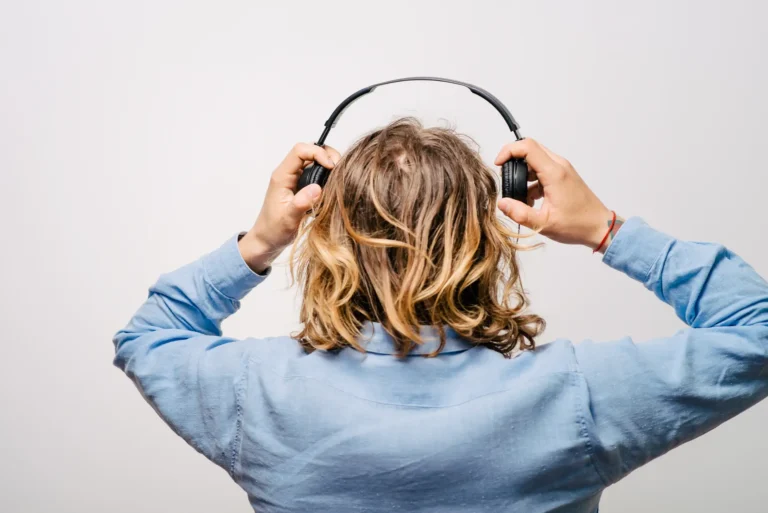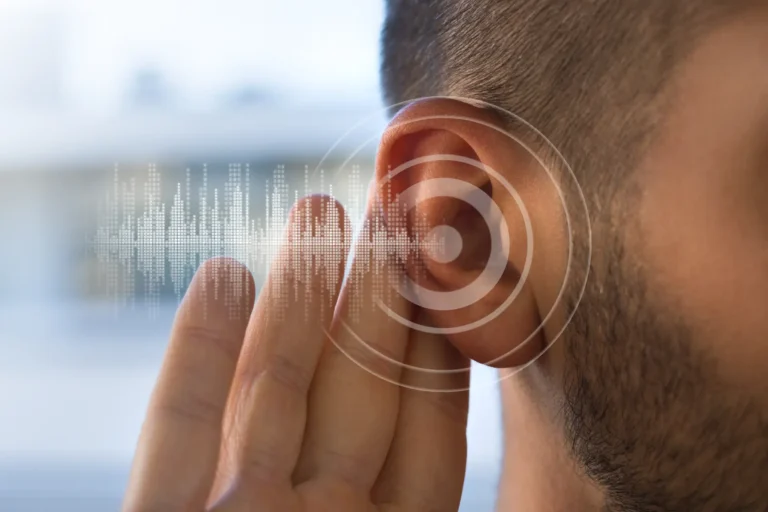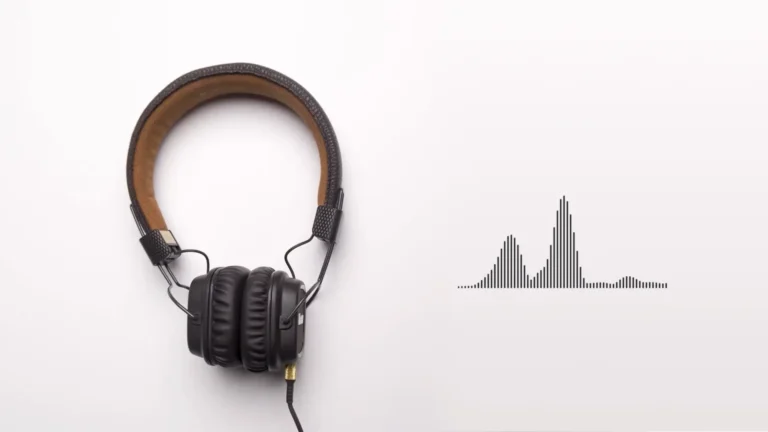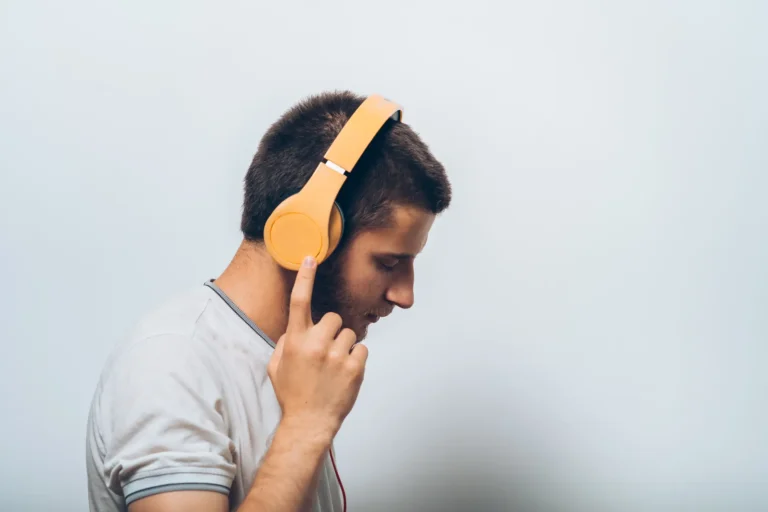Home Are Earbuds & Headphones Bad for Your Ears? Assessing Volume Levels and Risks
Are Earbuds & Headphones Bad for Your Ears? Assessing Volume Levels and Risks
Earbuds and headphones are part of daily life now – during commutes, workouts, work calls, and everything in between. But with more time spent plugged in, it’s smart to ask the real question: Are earbuds bad for your ears?
The short answer: they can be. It all comes down to volume, duration, and the way you listen. Understanding how audio devices affect your ear health is simply about protecting your hearing without giving up what you love.
How Sound Exposure Affects Hearing
Listening at high decibel levels can hurt your ears over time. Experts say to keep things under 85 decibels if you’re listening for more than a few minutes – that’s about as loud as city traffic. Any louder, and you’re risking hearing damage.
Listening Environment | Approx. Decibel Level | Safe Exposure Time |
Normal conversation | 60–70 dB | Unlimited |
Busy traffic | 80–85 dB | Up to 8 hours |
Loud music (concerts) | 100+ dB | Under 15 minutes |

Earbuds sit deep in your ear, so they can push sound closer and make it feel louder. Headphones rest outside your ear canal, which can be better for ear safety – as long as you’re not blasting the volume.

Risks of Using Earbuds and Headphones

Using earbuds or headphones the wrong way (or just too often) can lead to things like:
- Noise-induced hearing loss
- Persistent tinnitus
- Ear infections due to poor hygiene or trapped moisture
- Physical discomfort during prolonged listening
- Device-related injuries – you might be asking, is listening to music while sleeping with headphones bad? In short – yes. Sleeping with earbuds can lead to discomfort, device strain, and even minor ear injuries.
Even popular brands raise concern. So if you’re asking, can AirPods damage your ears or do AirPods cause hearing loss, the answer depends more on your listening habits than on the device itself.

Tips for Safe Listening Habits

Here’s how to protect your ears without giving up your playlist:
- Follow the 60/60 rule: no more than 60 minutes at 60% volume
- Use noise-canceling headphones to reduce the need for higher volume
- Take 5–10 minute breaks during prolonged listening
- Avoid sleeping with earbuds in
- Clean your devices regularly to promote better earbud safety

Protecting Your Hearing Long-Term

Because hearing loss often develops gradually, prevention is key. At NYC Hearing Associates, we encourage regular hearing evaluation appointments to catch early signs of hearing impairment like muffled sounds or ringing.
If changes are already noticeable, we’ll help you explore safe and effective options such as hearing aids and other devices. We also provide personalized advice on hearing protection for concerts, commutes, or noisy workplaces – wherever your lifestyle takes you.

Frequently Asked Questions
Is it bad to wear headphones all day?
Yes — especially at high volumes. All-day use can lead to hearing loss, tinnitus, or general ear fatigue.
Are headphones safer than earphones?
Typically, yes. Over-ear headphones don’t sit directly in the canal, and they allow for better volume control and ear safety.
Do headphones cause hearing loss?
They can – particularly with excessive sound exposure and lack of breaks.
What are the long-term effects of earbuds?
Extended use can contribute to tinnitus, noise-induced hearing loss, ear infections, and even long-term hearing impairment.
Talk to a Specialist
Concerned about your listening habits or curious about safer options? The audiologists at NYC Hearing Associates are here to help. Whether you’re looking for preventive advice or support with hearing aids, we’ll walk with you every step of the way — starting with a hearing evaluation from our team. Contact us today and take charge of your hearing health.




